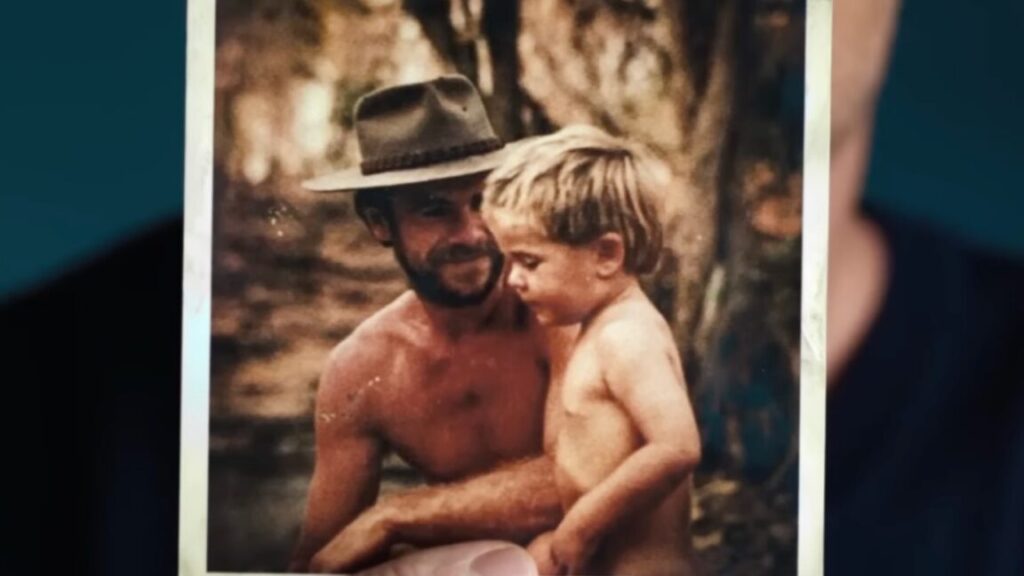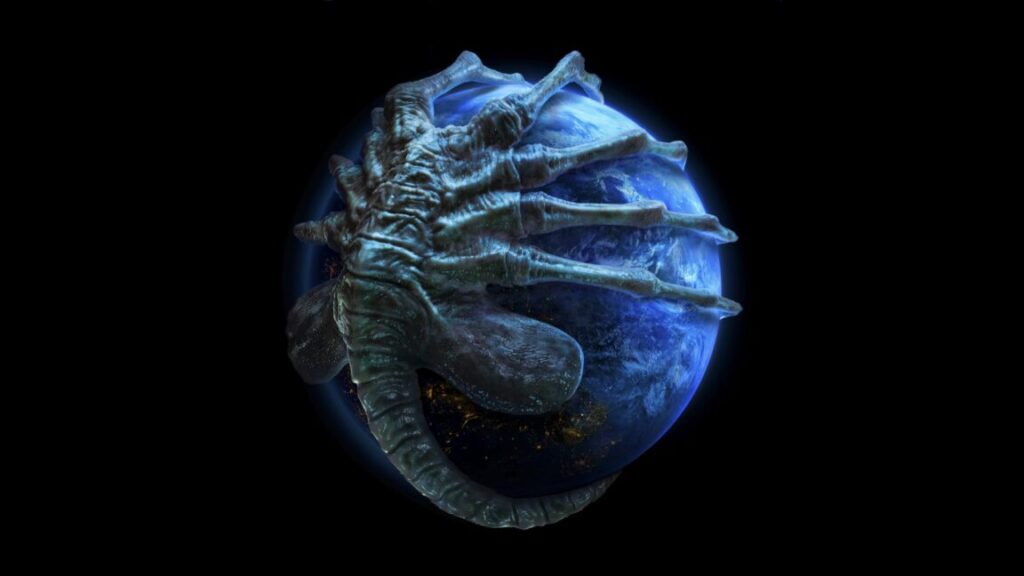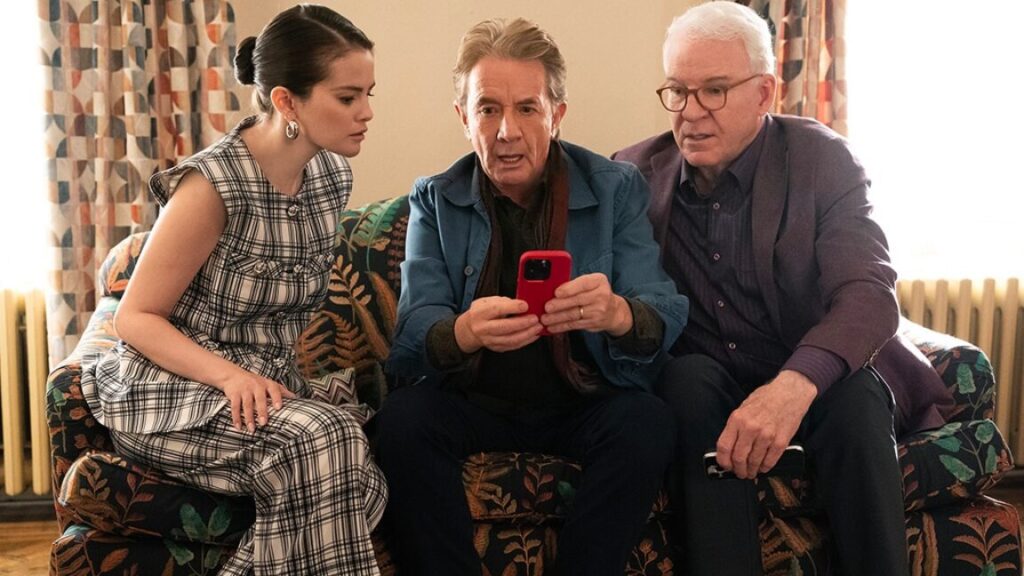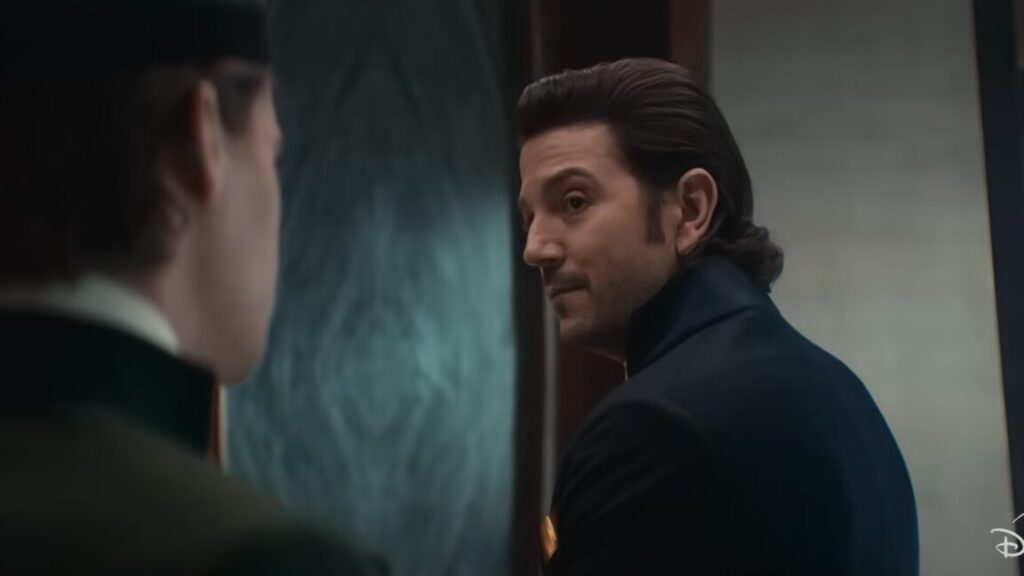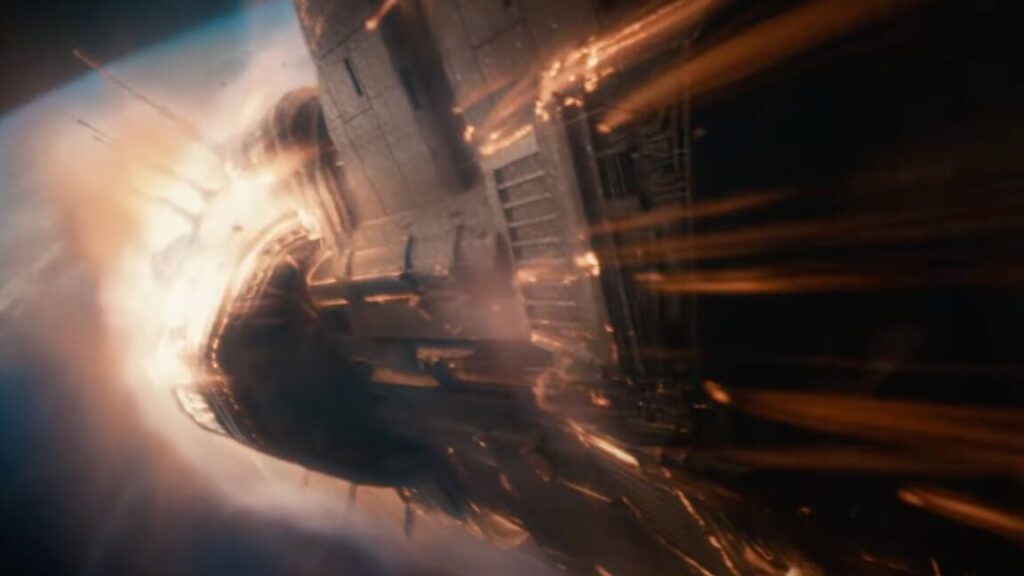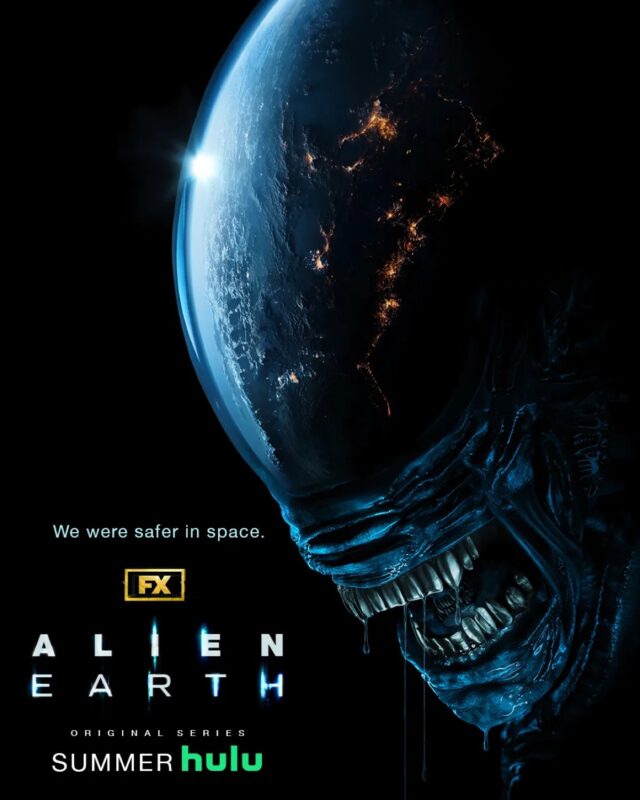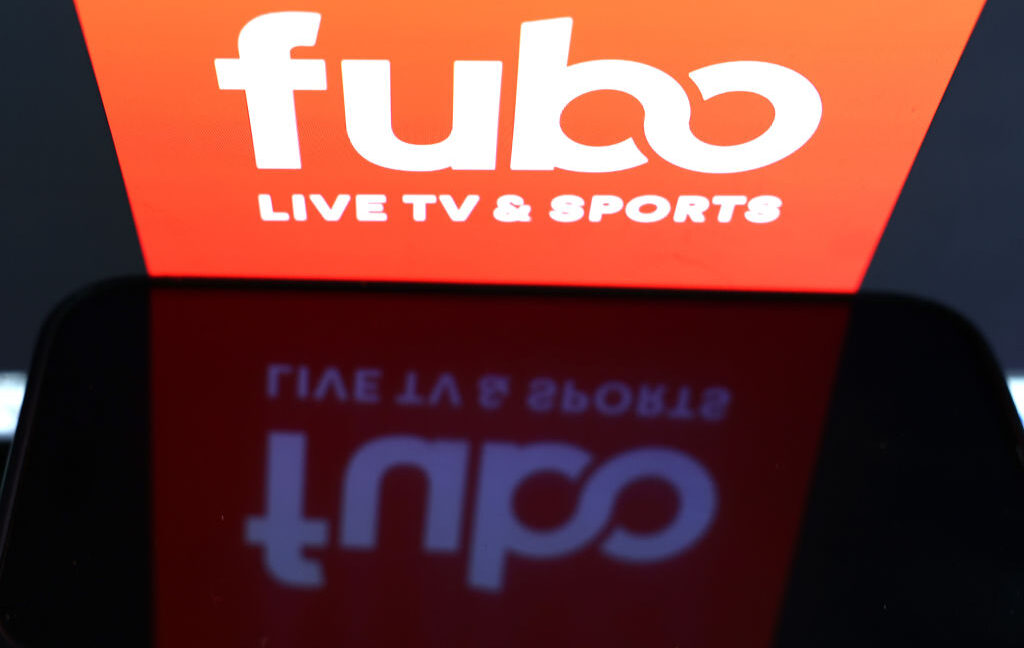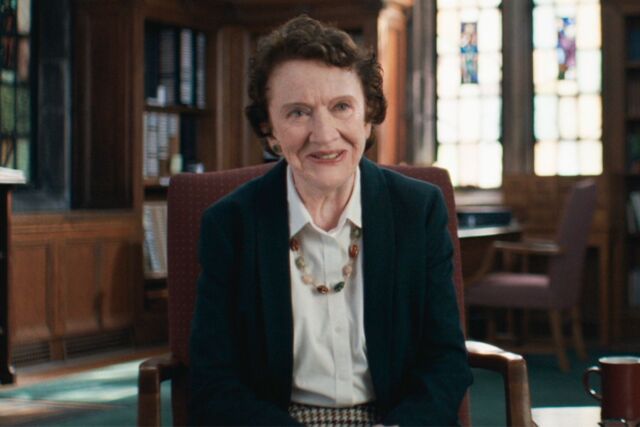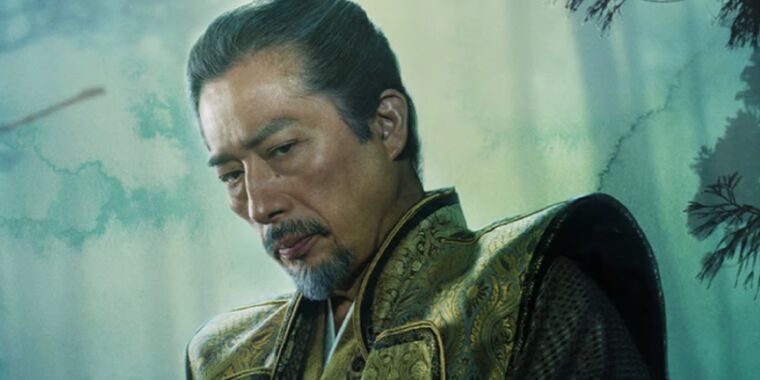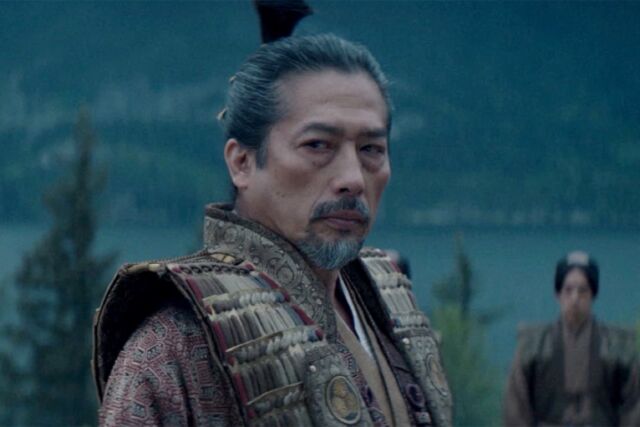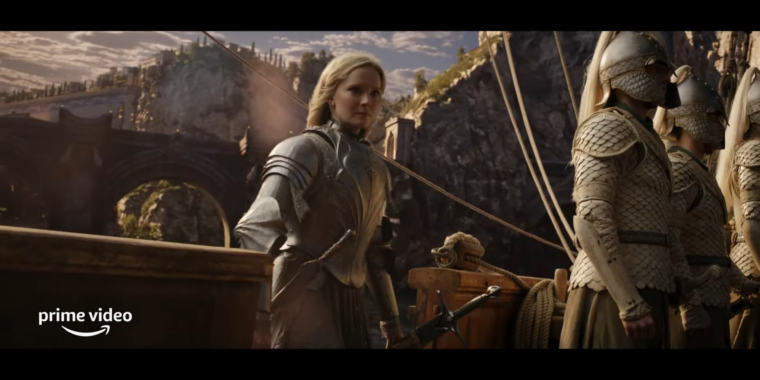Chris Hemsworth and dad fight Alzheimer’s with a trip down memory lane
Millions of people around the world are living with the harsh reality of Alzheimer’s disease, which also significantly impacts family members. Nobody is immune, as A-list actor Chris Hemsworth discovered when his own father was recently diagnosed. The revelation inspired Hemsworth to embark on a trip down memory lane with his father, which took them to Australia’s Northern Territory. The experience was captured on film for A Road Trip to Remember, a new documentary film from National Geographic.
Director Tom Barbor-Might had worked with Hemsworth on the latter’s documentary series Limitless, also for National Geographic. Each episode of Limitless follows Hemsworth on a unique challenge to push himself to the limits, augmented with interviews with scientific experts on such practices as fasting, extreme temperatures, brain-boosting, and regulating one’s stress response. Barbor-Might directed the season 1 finale, “Acceptance,” which was very different in tone, dealing with the inevitability of death and the need to confront one’s own mortality.
“It was really interesting to see Chris in that more intimate personal space, and he was great at it,” Barbor-Might told Ars. “He was charming, emotional, and vulnerable, and it was really moving. It felt like there was more work to be done there.” When Craig Hemsworth received his Alzheimer’s diagnosis, it seemed like the perfect opportunity to explore that personal element further.
Hemsworth found a scientific guide for this journey in Suraj Samtani, a clinical psychologist at the New South Wales Center for Healthy Brain Aging who specializes in dementia. Recent research has shown that one’s risk of dementia can be reduced by half by maintaining regular social interactions, and, even after a diagnosis, fostering strong social connections can slow cognitive decline. Revisiting past experiences, including visiting locations from one’s past, can also boost cognition in those with early onset dementia or Alzheimer’s—hence the Hemsworth road trip.
The first stage was to re-create the Melbourne family home from the 1990s. “The therapeutic practice of reminiscence therapy gave the film not only its intellectual and emotional underpinning, it gave it its structure,” said Barbor-Might. “We wanted to really explore this and also, as an audience, get a glimpse of their family life in the 1990s. It was a sequence that felt really important. The owner extraordinarily agreed to let us revert [the house]. They went and lived in a hotel for a month and were very, very noble and accommodating.”
Chris Hemsworth and dad fight Alzheimer’s with a trip down memory lane Read More »
